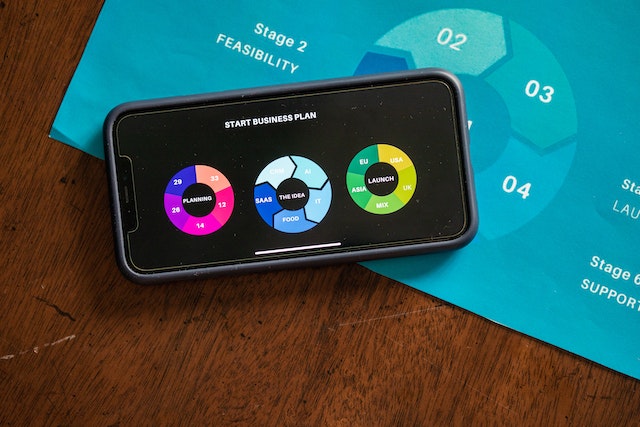Where do I Start When Starting a Business?
There’s a lot to think about when starting a business, from coming up with a clever idea to making sure your finances are in order. But don’t worry – we’re here to help. In this article, we’ll walk you through some of the basics of starting a business in the United States, including choosing a business structure, setting up a bank account, and paying your taxes.
We’ll also give you some tips on invoicing and tracking sales, so you can hit the ground running with your new business. Ready to get started? Let’s go!
When starting a business in the United States, one of the first things you’ll need to do is choose a business structure. The most common business structures are sole proprietorships, partnerships, limited liability companies (LLCs), and corporations.
Each type of business has its own advantages and disadvantages, so it’s important to choose the right one for your business. For example, sole proprietorships are the simplest and most common type of business, but they offer the least amount of legal protection for owners.
Partnerships and LLCs provide more protection for owners, but they can be more complex to set up and manage. Corporations offer the most protection for owners, but they’re also the most complex and expensive to set up.
Once you’ve chosen a business structure, you’ll need to set up a bank account for your business. This is important for keeping your personal and business finances separate. It’s also a good idea to get a business credit card, so you can start building up a credit history for your business.
To open a bank account, you’ll need to have your Articles of Incorporation (if you’re a corporation) or your business license (if you’re a sole proprietor or partnership). You’ll also need to provide your Social Security number or Employer Identification Number (EIN).
Once you have a bank account, you can start thinking about how to finance your new business. If you’re looking for investment, you might want to consider a small business loan. Or, if you’re planning to finance your business yourself, you can use a personal loan or credit card.
Last but not least, don’t forget about taxes! When you’re starting a business, you’ll need to get a tax identification number from the IRS. You’ll also need to file quarterly tax returns and pay estimated taxes throughout the year.
Phew, that was a lot of information! But don’t worry – starting a business doesn’t have to be overwhelming. Just take things one step at a time, and you’ll be up and running in no time.
Photo Credit: Pexels

